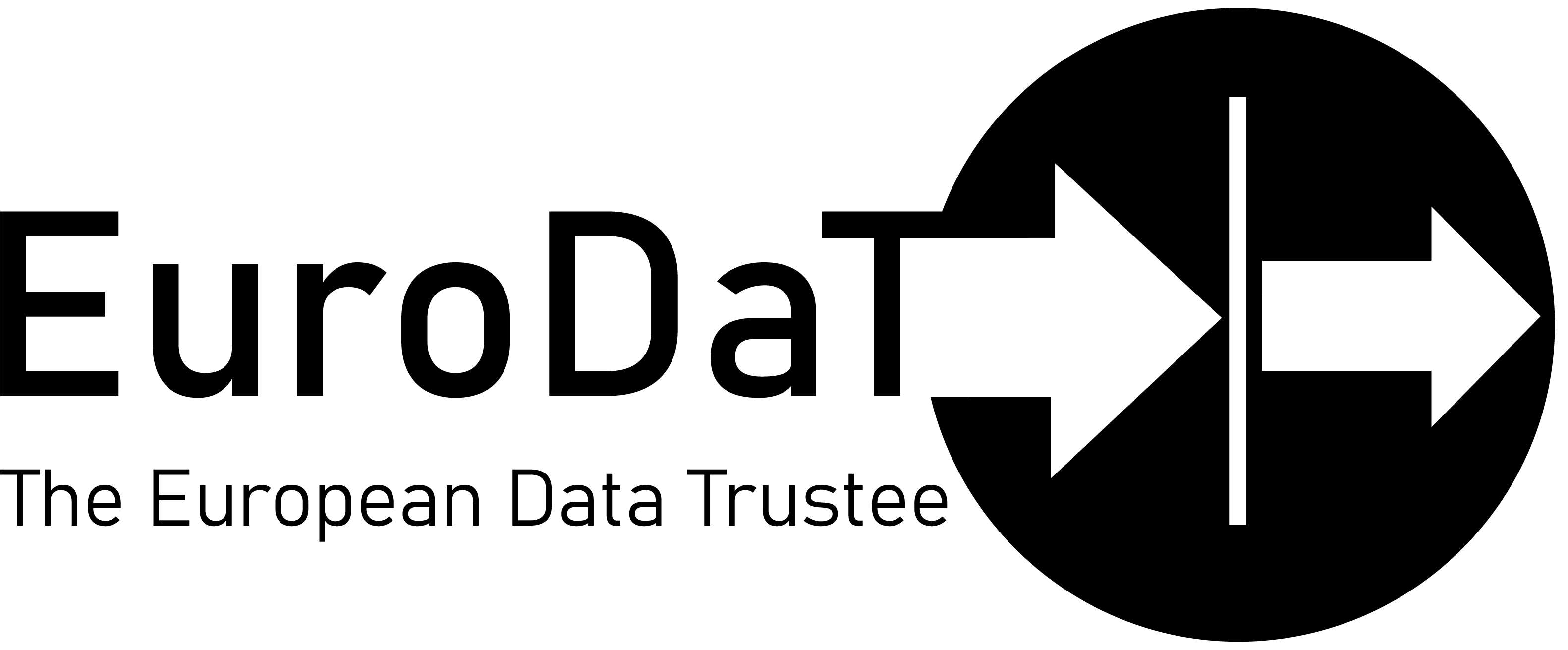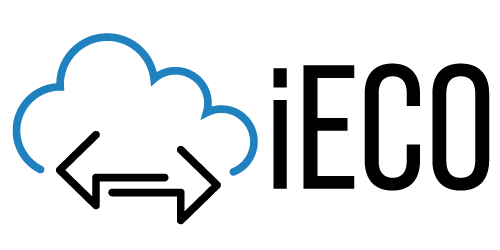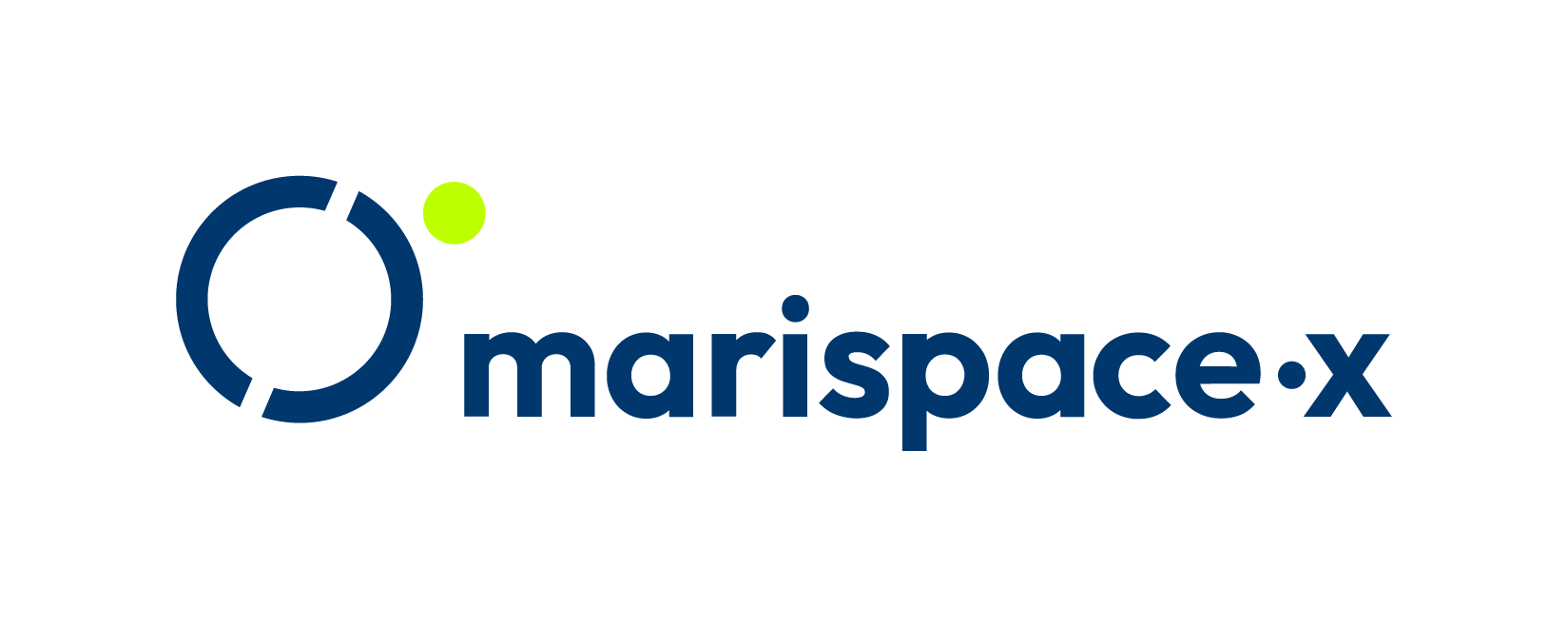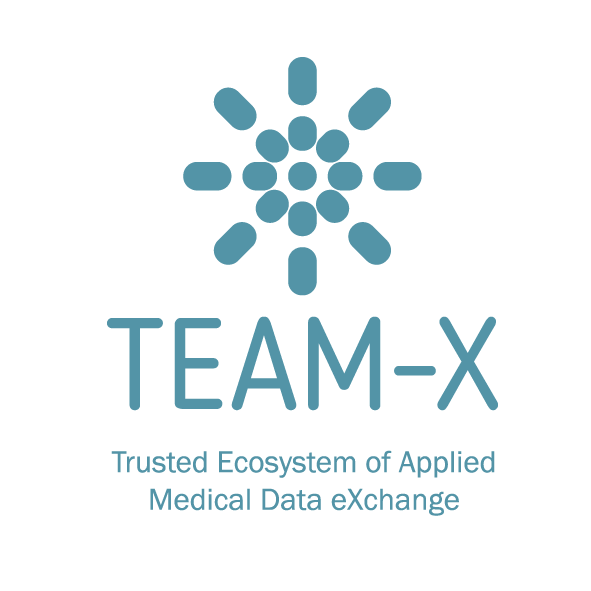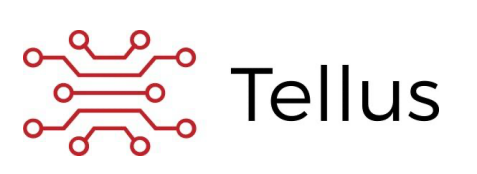Since early 2022, the Gaia-X Hub Germany has been overseeing eleven Gaia-X projects, funded by the German Federal Ministry for Economic Affairs and Climate Action (BMWK). These projects serve as notable illustrations of “Innovative and Practical Applications and data spaces in the Digital Ecosystem Gaia-X”. They represent various sectors, including mobility, finance, healthcare, construction, geoinformation, educations, and the public sector.
Innovative Examples of data-driven business models
These projects are currently developing use cases that will demonstrate how even small and medium-sized enterprises (SMEs), organizations, and administrations can create additional value and foster data-driven business models within the Gaia-X ecosystem.
In this way they create best practices examples to inspire and provide practical support for the development and implementation of new business ideas in Germany and Europe.
Here are the eleven projects at a glance:
Car Repair 4.0
AI supported fault tracking solutions for vehicles
Consortium Management: LMIS AG
Read more
The project aims to use oscilloscopes to capture data within the engine compartment, enabling more comprehensive and accurate diagnosis, reducing unnecessary repairs, and promoting sustainable maintenance practices through the conservation of resources. This data-driven diagnostic system will also be made available for older vehicles, ensuring the integration into the everyday work of car repair shops. Industry-specific data and AI models will be provided on a platform for trusted exchange.
COOPERANTS
Collaborative Processes and Services for Aeronautics and Space
Consortium Management: Deutsches Zentrum für Luft- und Raumfahrt e.V.
The COOPERANTS project will accelerate the digitalization in the aerospace industry by creating a common data space. It aims to implement more efficient working methods and production processes throughout the entire lifecycle of an air or spacecraft, while also strengthening the competitiveness of the industry in Germany and Europe.
Read more
Typically, research and construction projects are jointly carried out by different teams and companies. Due to sensitive data and the protection of technical know-how, that requires significant travel efforts and costs. Therefore, the project aims to enable digital collaboration among distributed teams while adhering to the security requirements through a collaborative program management.
With the help of a digital infrastructure, all processes such as production, maintenance, or service can be represented in a standardized format across the entire lifecycle of an aircraft, reducing costs and ensuring the long-term competitiveness of the industry.
EuroDaT
European Data Trustee
Consortium Management: d-fine GmbH
Read more
EuroDaT aims to enable companies, science, and public authorities to merge data efficiently, securely, legally compliant and largely automatically and make it accessible for collaborative analysis. In this way, so-called data silos, which cannot be shared for reasons of data protection or antitrust law, for example, can be made accessible for consolidated analyses by the data providers or third parties. This is based on state-of-the-art technologies combined with the latest legal developments. The outcome is a neutral, transaction-based data trustee that decouples the data providers, the analyses conducted on encrypted data, and the recipients of the results.
In order to define the requirements for EuroDaT and the underlying procedural, technological and legal solutions, four use cases are being researched in detail: the development of a cross-bank transaction data analysis for the detection of fraud and financial crime, the determination of sustainability ratings for companies, a household dashboard for real-time consumption and savings behaviour of German households, and a system for providing government data, microdata for research purposes.
HEALTH-X dataLOFT
The Future of Healthcare
Consortium Management: Charité Universitätsmedizin Berlin
Health-X dataLOFT places citizens at the center of the distribution, use, and control of their own health data. The aim is to develop transparent cloud-based applications in accordance with Gaia-X standards in highly relevant areas of healthcare, such as health prevention, healthy aging, and clinical care. Complementary to the existing classic offerings in vendor-bound silos, Health-X dataLOFT implements a vendor-neutral platform to enable access to and integration of data from the primary and secondary health markets.
Read more
In four use cases, the project demonstrates the opportunities that arise from the combination of health data from the primary and secondary health market: Self-determined everyday health, clinical companions, personalized health services, and secondary use of data. Thus, new business models will evolve. Patients have transparent access and full control over their health data and can decide how the sensitive data is used. They can also choose to contribute their data to health research.</p
iECO
Intelligent Empowerment of Construction Industry
Consortium Management: RIB Information Technologies AG
This funding project targets the construction industry, which has been relatively less digitalized until now. The overarching goal is to develop a shared data space for the construction sector, enabling a digital twin representation of the entire lifecycle of a building, from planning to demolition. This will facilitate the parallel processing, seamless data exchange, and real-time updates of all information related to a construction project.
Read more
These advancements will streamline digital preparation for inspection and approval processes, enhance coordination among various involved trades, optimize the management of material on the construction site. Additionally, the data will allow a more efficient operation of buildings, and an easy salvaging of materials for recycling at the end of their lifecycle. As the project focuses not only on the building itself but also includes upstream and downstream processes of construction, the implementation and adoption of iECO could potentially boost the industry’s overall productivity by ten percent.
Marispace-X
Martime Smart Sensor Data Space X
Consortium Management: 1&1 IONOS SE
Marispace-X aims to establish a maritime data ecosystem for various stakeholders – industry, academia, authorities, and NGOs. The digital framework allows them to manage, share, and analyse data from the ocean in efficient manner based and European standards and values, such as sovereignty or security. The integration paves the way for new insights and innovations to tackle the major challenges of our time.
Read more
Through the development of the digital ocean ecosystem, Marispace-X addresses multiple issues of our decade, such as climate change, safeguarding marine habitats, and digital transformation, through four use cases:
- Internet of Underwater Things – Laying the foundation for a comprehensive digital representation of the oceans.
- Offshore Wind Energy – Data collection, management, and intelligent monitoring for offshore wind farms.
- Munititions in the Sea- Analysis and data management for the clearance of 1.6 million tons of discarded munitions in the North and Baltic Sea.
- Biological Climate Protection – Identification and optimization of the CO2 reduction potential of macrophytes (e.g. seagrass meadows).
MERLOT
Marketplace for Lifelong Educational Dataspaces and Smart Services Provisioning
Consortium Management: imc information multimedia communiation AG
Read more
Learners, schools, public institutions, administrations, or businesses are thus empowered to exchange educational data in compliance with GDPR and to share them in a controlled manner without having to individually negotiate agreements with each participant. This facilitates interaction among stakeholders in federated systems and opens new possibilities for processing highly protected educational data.
The consortium is developing Advanced Smart Services, various services based on secure AI-driven digital assistants, to support learners in education and career orientation or to accompany citizens in lifelong learning through digital professional development assistants. The MERLOT project demonstrates with these use cases that despite decentralized data storage based on the Gaia-X Federation Services architecture, processing of highly sensitive educational data using AI methods becomes possible without jeopardizing data protection or the data sovereignty of learners and other data sources.
A marketplace for certified digital services developed within MERLOT ensures secure and responsible provision and usage of data according to European values and regulations in a transparent ecosystem open to all providers. Learners, schools, public institutions, administrations, or businesses can select services from a trusted source and use those that best fit their needs. From the perspective of educators, the offerings listed on the MERLOT marketplace represent a kind of “whitelist,” meaning these services and content offerings must meet minimum standards regarding data protection, access, usage, discoverability, quality, and more. Finding relevant subject-specific and interdisciplinary services that can be used in schools by teachers and learners with confidence is facilitated in a user-friendly way. Additionally, the AI-based services listed on the marketplace must meet high transparency requirements to actively support the creation of traceability.
The development of the MERLOT marketplace is being advanced through a public-private partnership. The marketplace enables dynamic competition, innovation, and new forms of cooperation among education service providers. The creation of diverse digital tools for individual education and skills development is promoted, thereby improving overall equality of opportunity and educational justice.
OpenGPT-X
Large Language Models for Europe
Consortium Management: Fraunhofer IAIS
The aim of OpenGPT-X is to create Gaia-X-compatible advanced smart services using innovative language technologies. With the newly developed large AI language models, there is a particular focus on ensuring that the models are GDPR-compliant and conform to the values and current European regulations.
Read more
The project aims to provide scalable computing resources as well as interconnected data spaces for the creation of these large language models based on Gaia-X. As an example for a possible application, these models will be used in the media sector for interactive media formats like questions and answers or the generation of reports on regional elections or sports. In addition, these new language models will support automatic content analysis in broadcasting archives. In the field of mobility, the models will be used for more efficient document processing in claims handling by car insurance companies and will also contribute to greater safety and driving comfort as a personal assistant when driving.
POSSIBLE
Phoenix Open Software Stack for interoperable Engagement in Data Spaces
Consortium Management: Bechtle AG
Read more
In practical application examples, user data from various sectors, including agencies with and without business affiliations, will be made available so that users from organizations can digitally access interconnected data, use it quickly and securely for the purposes agreed upon in contracts, and share it with other administrative and educational sectors as well as small and medium-sized enterprises.
With POSSIBLE, small and medium-sized enterprises (SMEs) will be able to securely, transparently, and GDPR-compliantly exchange their own data with other organizations. In the public sector, for example, non-public, confidential geodata from administration will be made available in a
In the education sector, analysis and recommendation services will be developed that enable Gaia-X-compliant linking of educational and administrative data to generate added value. This includes capturing individual learning preferences and goals to recommend further education or linking skill-based data to identify competency gaps and plan measures for personnel and organizational development. These services will be provided through a catalogue within the POSSIBLE-X ecosystem.
TEAM-X
Trusted Ecosystem of Applied Medical Data eXchange
Consortium Management: Bayern Innovativ GmbH
The aim of TEAM-X is the establishment of a secure and trustworthy digital ecosystem based on the Gaia-X infrastructure that will serve as a foundation for the evolution of data-driven business models, products, and services to shape the future of healthcare. The data collected will be utilized to enhance prevention, prediction, personalization, and patient engagement in healthcare services.
Read more
Health data will become available and usable, with patients having full control over their data. They will decide who can access these highly sensitive data and under what conditions they are shared. The data will be encrypted, and its usage will be fully documented. The TEAM-X platform will allow access from any device and enable data sharing for research purposes.
The project will show how these innovations can be applied in real-world healthcare scenarios by implementing two concrete use cases, namely “women’s health” and a “digital care platform” for both inpatient and outpatient elderly care. TEAM-X is thus working towards empowering the citizens to take charge of their health and care data, while also enhancing the digital competency and innovative potential of the healthcare sector.
Tellus
Cross-domain federation and network for critical applications
Consortium Management: DE-CIX Management GmbH
The project expands the Gaia-X vision with the efficient integration of heterogenous network infrastructures. Currently, many federated cloud services rely on workloads distributed across multiple locations, interconnected via the public internet. However, certain critical use cases demand a specific network performance beyond the usual conditions of latency, bandwidth, and resilience.
Read more
To enable seamless interaction between cloud providers and applying companies in such scenarios, TELLUS seeks to technically integrate all elements of the connection, including corporate networks, service providers, network operators, internet exchanges, and cloud providers. TELLUS aims to create an overlay across the boundaries of the various providers through well-integrated software instances and standardized interfaces.
The consortium implements three specific use cases from the industry to implement the overlay. In the use case “Equipment-as-a-Service (EaaS) – Pay by part” companies can utilize fully automated laser machines to produce sheet metal parts as customers without the need to buy or lease them. Instead, they are billed per processed workpiece, allowing for flexible production and respond to dynamic changes in the market. In another use case, an intelligent glove translates human hand movements into digital processes, which can be used for the remote control of applications in real-time. The third use case “Digital Twin” employs realistic representations of objects or processes to significantly improve manufacturing processes in distributed production facilities. In all three use cases, exceptionally low and stable latencies are crucial, which are challenging to achieve with conventional network structures.


